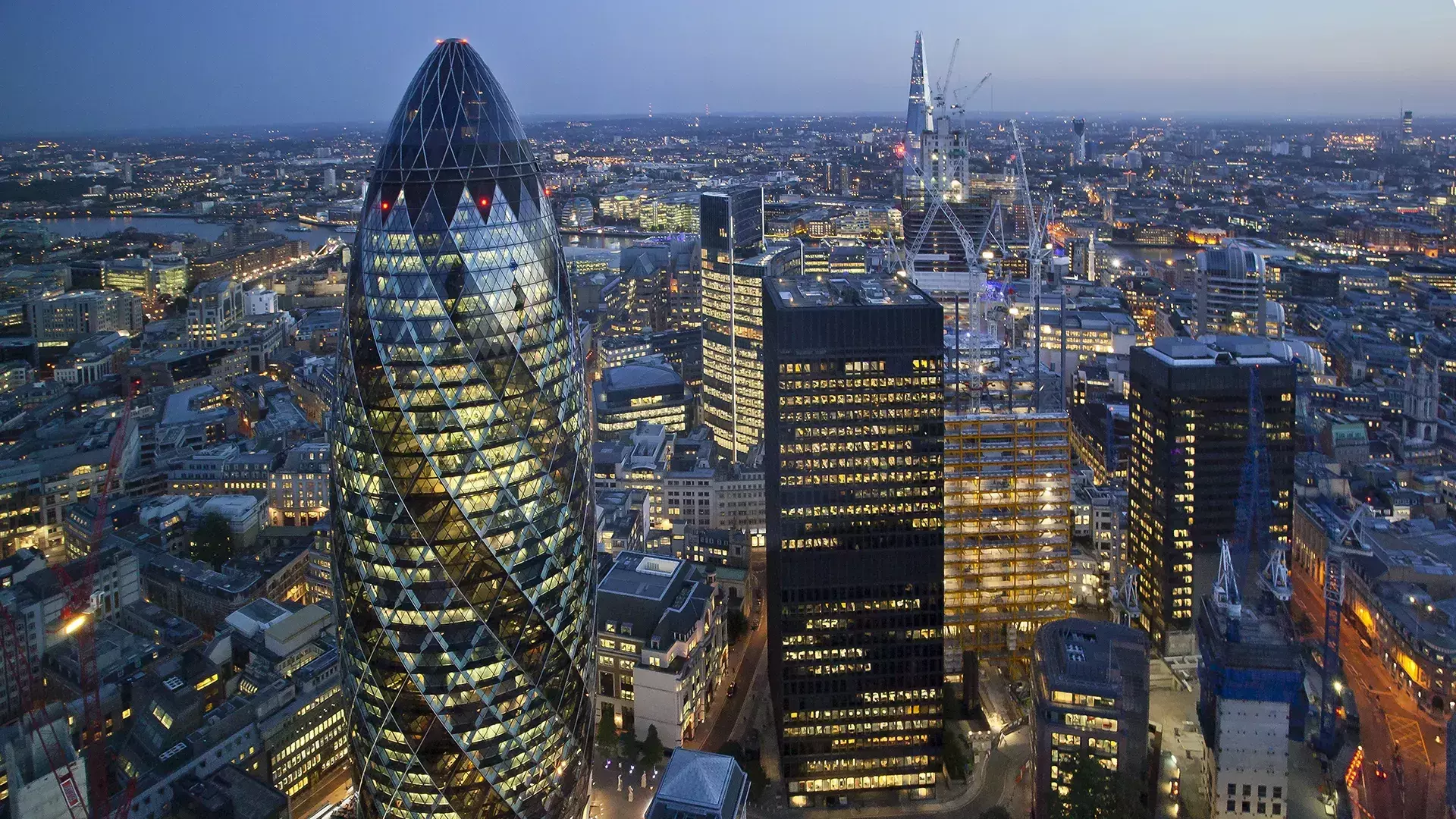How can the UK afford net zero?

Join the Carbon Club
The 2019 Conservative manifesto helped secure Boris Johnson a resounding majority. It also made a prominent promise: the country would transition to net zero by 2050 through investment in green infrastructure. Now influential climate sceptics are using rising gas prices as a pretext to question this commitment. They ask: how can we afford it?
Putting aside the reasons why some might want to de-rail the net-zero transition, it remains a fair question.
In a recent Oxford Smith School working paper, we propose that countries adopt a ‘Border Carbon Adjustment’ on carbon heavy materials like steel, concrete and fertilisers, and goods like cars and mobile phones.
Put simply: foreign companies that wanted to sell these carbon intensive products would pay a fee at the border. And if the U.K. and other countries implemented these charges simultaneously, in what we call a ‘Carbon Club,’ we could all raise revenues for the net zero transition (both internationally and at home) while creating a clear incentive for companies to invest in decarbonisation.
Taking these measures would help to level the playing field, ensuring that British businesses operating under the UK’s own climate standards aren’t undercut by less sustainable international competitors. And if the U.K. doesn’t implement a border carbon adjustment, and our neighbours do, the costs to British industry could be huge
As the public reels from rising gas prices and a cost of living crisis they will be understandably susceptible to messages of doubt from climate sceptics about new spending. The Prime Minister and his Chancellor must be clear that we are at the mercy of spikes and troughs in the energy market not because of our transition away from fossil fuels, but because we are not transitioning fast enough.
Analysis from Carbon Brief has shown that had the UK continued existing programmes to improve energy efficiency, homeowners across the UK could have saved £2.5 billion collectively by now, and would have been better prepared to weather the shocks of rising gas prices. Research from University of Oxford and peers has also shown that a quicker green energy transition would save rather than sink trillions of dollars, globally. But in the UK by conservative estimates, only 19% of total recovery spending went to a green recovery.
The Prime Minister cannot allow false claims by climate sceptics to undermine the net-zero transition and thereby continue our costly reliance on fossil fuels. But we do need realistic proposals for raising revenues that will pay for the transition. A Border Carbon Adjustment paired with targeted investments in clean energy with high cost-savings potential could deliver a transition while ensuring a fair market for British businesses. However, failing to join the Carbon Club could cheat home and business owners out of even more savings and endanger our economy.
Summary
Oxford Smith School working paper proposing that countries adopt a ‘Border Carbon Adjustment’ on carbon heavy materials like steel, concrete and fertilisers, and goods like cars and mobile phones
